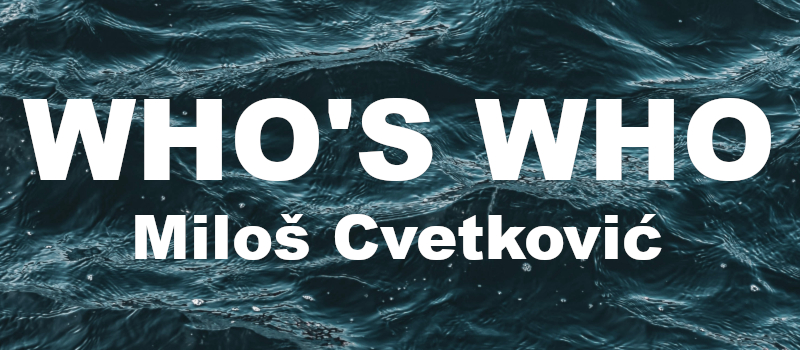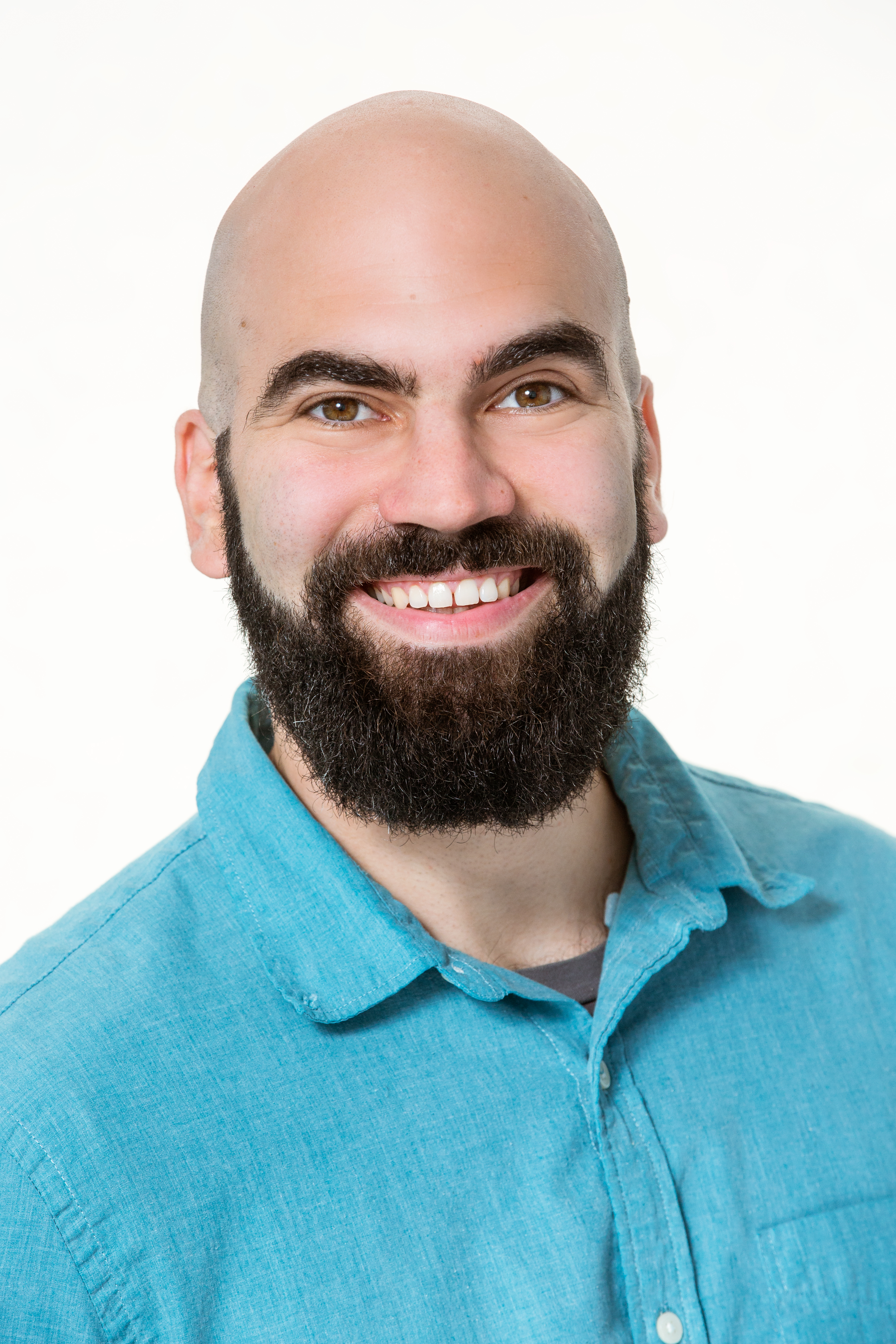
Who’s Who: Miloš Cvetković
- 1:50PM Feb 12, 2020
- Comments off
I will always remember the project kick-off meeting in Thessaloniki and the dinner we had on the last day. (…) We were excited to start EASY-RES, were all in good mood, shared a lot of jokes… it was a very pleasant evening!
In this ‘Who’s who’ we feature Miloš Cvetković who leads EASY-RES work package 6 and is living in Delft. With Miloš we talk about the early days of EASY-RES, his passion for sustainable energy and the project’s aspirations towards this goal.
Milos, tell us about yourself! Who are you and what is your Background?
I am working as an Assistant Professor at Delft University of Technology (the Netherlands) in the Electrical Sustainable Energy Department. My research and area of expertise are the electricity grids, their modelling and simulation for a 100% renewable energy system. I am also teaching courses on Fundamentals of Electricity Grids and Simulations of Electric Energy Systems for Electrical Engineers.
I was born and raised in Belgrade, Serbia, and educated in power systems at Carnegie Mellon University in Pittsburgh, USA.
I believe that we only have one planet to live on, and that our collective actions have to be focused on preserving the environment we live in. This is the reason why I got interested in Sustainable Energy and set myself the goal of contributing to the engineering design of the future energy system. I do this through education and research activities, among which the EASY-RES project plays a big part.
How did you get involved with EASY-RES and what are your responsibilities within the project?
When approached by the project coordinators, my group was intrigued by the ambition of the project. Converting the distributed renewable energy sources, from passive components that inject energy no-questions-asked to active contributors to stability and reliability of the electricity grid, could significantly increase the amount of renewable energy in our grids and reduce our carbon footprint. Within this project, me and my Delft team are contributing to the validation of the EASY-RES controllers.
How does work package 6 contribute to the project?
Work package 6 ensures validation of developed controller functionalities. This is an essential work package in raising the controller architecture from lower to medium TRL levels, and from theoretical proof-of-concept stage to laboratory tests. Since the main objective of the work package is to take technology one step closer to market adoption, all project partners are actively contributing to the tasks in this work package.
Can you tell us about an especially interesting or memorable experience you made during your work with EASY-RES?
I will always remember the project kick-off meeting in Thessaloniki and the dinner we had on the last day. Charis and Nefeli took several of us, who stayed for the last night, to a seafood tavern in one of the neighbourhoods of Thessaloniki. The restaurant was serving local Greek specialties and playing Greek folk music. We were excited to start EASY-RES, were all in good mood, shared a lot of jokes… it was a very pleasant evening!
What is something you would like to do or work on once the EASY-RES project is concluded?
My plans are to continue working in this field. Although EASY-RES takes large steps towards sustainability, there are still remaining challenges to be solved before our energy systems can be fully sustainable. As the direct extension to EASY-RES outcomes, the certification laboratories will have to adopt new procedures to validate and certify EASY-RES controllers in order to reach mass market adoption. Another aspect is the return of the investment in such controllers as the cost of software becomes more dominant in the total cost of inverters. These are interesting points to explore going forward.
Finally, which place should everyone have seen in their lives?
Two places:) Pittsburgh in USA and Belgrade in Serbia. Pittsburgh has such a special mix of old, deserted industrial sites and blue-collar neighbourhoods on one side and high-tech startups and top academic universities on the other. The first tests of driverless cars in urban environments are being conducted there. It is the San Francisco of the rust belt. And Belgrade is a different kind of beast. There is not much to see on the outside, but there is a lot to experience, in terms of culture, food, nightlife, music scene, etc. at the lowest prices Europe can offer:)

